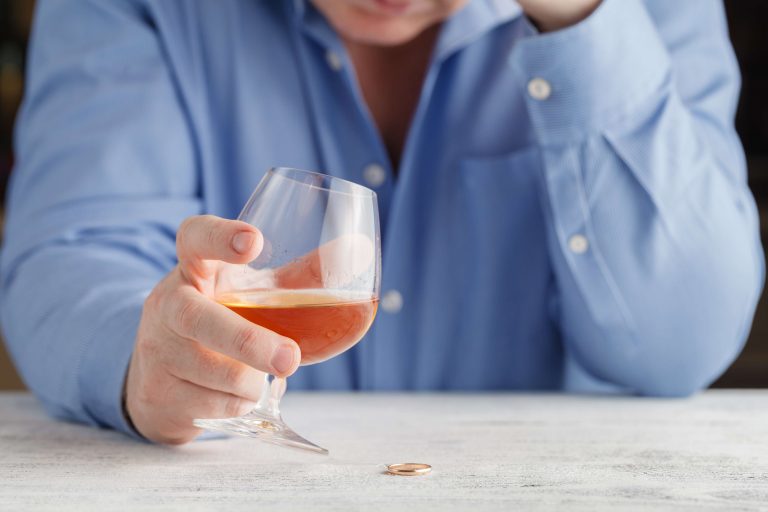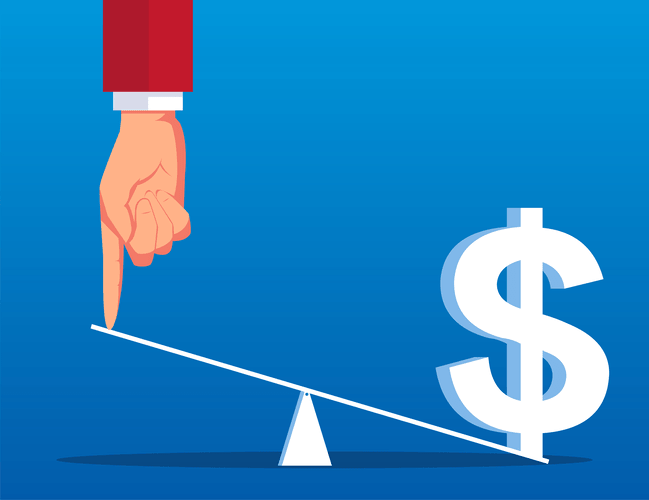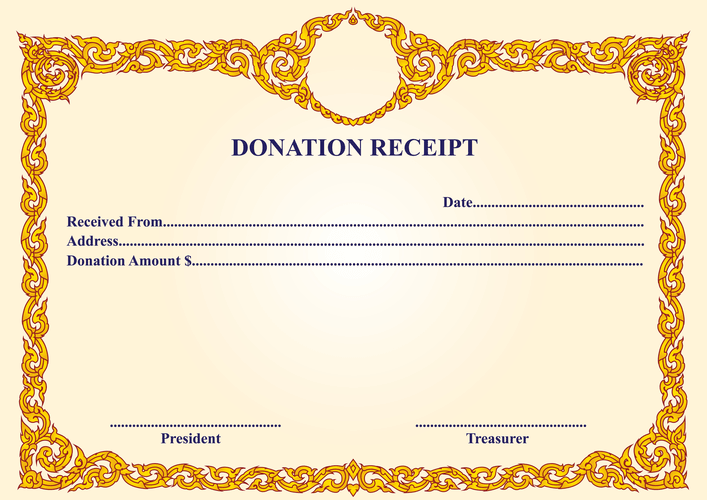GBPCAD в фокусе дня Сезонные тенденции и вероятности на Среду 05.02.2025
Когда рабочие стали объединятся в профсоюзы, они начали протестовать против тяжелых и небезопасных условий труда и требовать более существенных льгот от работодателей. Сегодня День труда стал символом солидарности рабочих и напоминанием о значимости их труда. Этот праздник призван подчеркнуть важность трудовых достижений и привлечь внимание к актуальным проблемам и нерешенным вопросам рабочего класса. Он также предлагает возможность отдохнуть и провести время с семьей и друзьями. В конце августа 1882 года в Нью-Йорке состоялась массовая демонстрация рабочих, которая получила название “День солидарности”.
- Однако, одной из самых значимых событий в этом движении стала забастовка рабочих-строителей 1 мая 1886 года, требовавших ввода восьмичасового рабочего дня.
- Не посвящен ни одному человеку, живому или мертвому, ни одной секте, расе или нации».
- В Нью-Йорке, помимо шествия профсоюзов, планируют совсем не трудовой парад.
- Каждый праздник обычно сопровождается своей символикой, которая помогает визуализировать его смысл и ценности.
- Он также напоминает о необходимости отдыха и развлечений в жизни каждого трудящегося.
- С годами Первомай стал все больше ассоциироваться с леворадикальными политическими силами, в то время как День труда, отмечаемый в сентябре, стал признаваться все большим числом муниципалитетов и штатов.
В чем различие между Днем труда и 1 Мая
День 1 Мая, годовщина беспорядков на Хеймаркет, был выбран коммунистическими и социалистическими партиями для обозначения Международного дня трудящихся, который во многих странах часто называют amarkets личный кабинет Днем труда или Первомай. МакГуайр, соучредитель Американской федерации труда, другие же предполагают, что это был Мэтью Магуайр, секретарь Центрального профсоюза, который первым предложил идею праздника. Закон Uniform Monday Holiday Act 1968 года сделал так, чтобы несколько государственных выходных всегда приходились на понедельники — так у работников будет больше трехдневных выходных в году. К праздникам, которые законом также перенесены на понедельники, принадлежат День президента, День памяти и День Колумба.
Когда отмечается День труда в США
Праздник быстро завоевал популярность среди рабочих, а вскоре, начиная с 1887 года, День труда становится официальным праздников в отдельных штатах. 15 декабря 1791 года вступил в силу «Билль о правах», в котором форекс брокеры отзывы и была заложена Конституционная основа Дня Труда. Первая поправка к Конституции США гарантировала всем гражданам свободу собраний.
Многие города организуют масштабные праздничные мероприятия и фестивали, которые привлекают туристов и способствуют развитию местной экономики. Торжественное шествие помогло привлечь внимание к проблемам рабочего класса и привлечь поддержку администрации города. День Труда — это не только праздник, но и время для задумчивости о социальной справедливости, равных возможностях и достоинстве труда. Он напоминает нам о важности усилий каждого работника и выражает признание и благодарность всем, кто делает свой вклад в процветание общества. Идеи, связанные с Днем Труда, проникли в различные сферы общества и влияют на формирование законодательства, связанного с социальной защитой работников.
28 июня 1894 года Конгресс США ввел федеральный праздник, выбрав для Дня труда первый понедельник сентября. После этого события рабочие продолжали бороться за права работников, и в результате, в 1894 году был принят федеральный закон, установивший День Труда в качестве официального праздника. Закон подписал президент Гровер Кливленд, и с того момента День Труда стал символом достижений и борьбы американских рабочих. Поэтому 1 мая, когда многие страны мира отмечают День труда, в США является совершенно другим праздником — Днем закона. О нем вспоминают в основном юристы, поскольку к выходным дням он не относится. Декларацию о его учреждении подписал президент Дуайт Эйзенхауэр в 1958 году.
Впервые День Труда был отмечен в 1882 году и стал символом борьбы рабочих за свои права. Он был создан с целью отдать должное труду и достижениям трудящихся, а также воспоминанию о тех, что такое свинг вверх кто отдал свою жизнь в борьбе за трудовые права и справедливость. Со временем «профсоюзный» характер праздника почти утратил свое истинное значение. В настоящее время американцы традиционно отмечают День Труда как символический конец летнего сезона, а для учащихся большинства колледжей и некоторых школ – это начало нового учебного года. Ныне День Труда в США является полуофициальным окончанием летнего сезона, дополнительным выходным, когда не работают большинство фирм и практически все государственные учреждения. Многие колледжи и некоторые школы США начинают учебный год после Дня Труда.
Месяцы народного культурного наследия и когда они отмечаются
- Шарик символизирует радость и веселье, которые присутствуют на праздниках, связанных с Днем труда.
- Этот праздник также считается неофициальным концом лета и возвращением к работе и учебе после летнего сезона.
- Возникли также синдикаты и профсоюзы, которые защищали интересы рабочего класса.
- День Труда — это не только праздник, но и время для задумчивости о социальной справедливости, равных возможностях и достоинстве труда.
- День труда в Соединенных Штатах Америки является одним из наиболее значимых государственных праздников.
- День труда, который всегда отмечается в первый понедельник сентября, празднует и чтит вклад американской системы организованного труда и рабочих в процветание и экономическую мощь нации.
Ежедневно флаг поднимается во всех государственных учреждениях и некоторых частных организациях, а также на жилищах граждан в различные праздники и при особых событиях. Дизайн американского флага был разработан Конгрессом США в 1777 году и прошел несколько изменений за время своего существования. Количество полос на флаге соответствует числу оригинальных колоний, которые стали первыми штатами США. Традиции и обычаи, связанные с Днем Труда, являются важным аспектом американской культуры и позволяют обществу выразить признание и уважение к работникам и их вкладу в развитие страны.
Сегодня День Труда в США стал традицией, когда люди проводят этот день отдыхая, устраивая пикники, путешествия и другие развлечения. Также проводятся различные социальные мероприятия, связанные с трудом и проблемами рабочих. «Поэтому уместно, чтобы нация отдала дань уважения в День труда создателю такой большой части силы, свободы и лидерства нации — американскому рабочему». Как и большинство вещей, связанных с потенциальным выходным днем, День труда очень быстро стал очень популярным, и к 1885 году несколько городских властей приняли постановления, призывающие к местным праздникам. Сегодня Международный день трудящихся отмечается ежегодно в первый день мая из-за его близости к дате кровавой демонстрации рабочих в Чикагском деле Хеймаркет и взрыва бомбы 4 мая 1886 года.
Празднование в других странах:
Впервые отмечался в штате Нью-Йорк в 1882 году по инициативе «рыцарей труда» (англ. Knights of Labor). В целом, День Труда является символом единства, солидарности и уважения к труду. Он служит напоминанием о значимости работников в формировании процветающего и справедливого общества и подчеркивает необходимость признания и защиты их прав. В настоящее время День Труда отмечается парадами, фестивалями и другими развлекательными мероприятиями. Этот праздник также считается неофициальным концом лета и возвращением к работе и учебе после летнего сезона. В 1866 году Международный день трудящихся или «Первое мая» был установлен в качестве альтернативного праздника для празднования организованного труда.
Ключевые выводы Дня труда
Однако многим работникам, особенно в розничной торговле, на транспорте и в сфере общественного питания, в этот день все же приходится идти на работу, причем некоторым даже приходится работать дольше, чем обычно.
День труда в Соединенных Штатах Америки является одним из наиболее значимых государственных праздников. Ежегодно в первый понедельник сентября американцы отмечают этот день, посвященный труду и достижениям работников. Этот праздник имеет свою богатую и интересную историю, которая связана с борьбой рабочего класса за достойные условия труда и социальные права.







